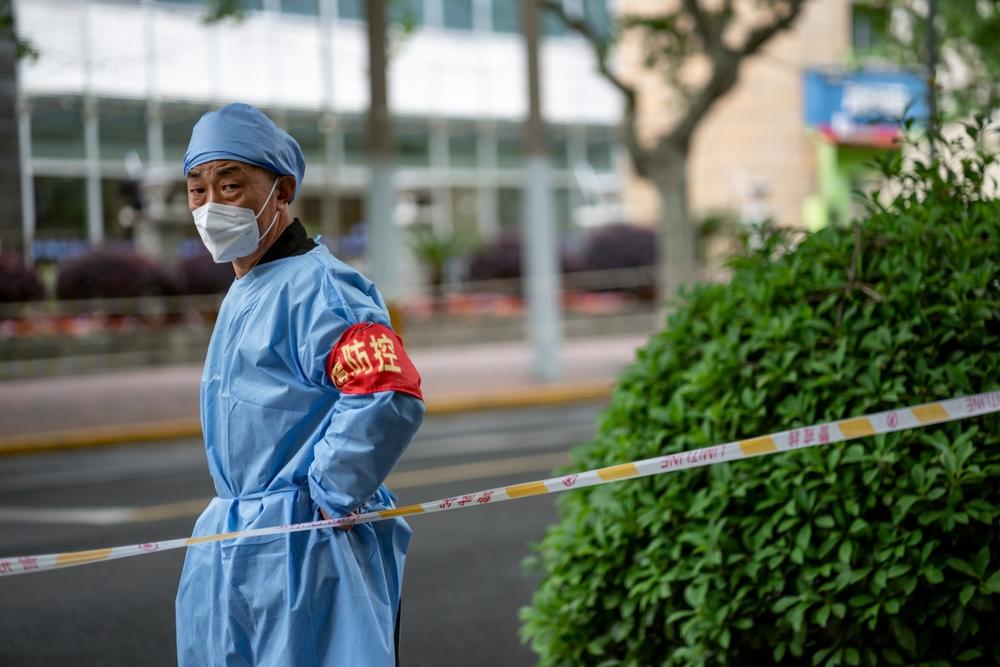Covid policies are easing. This move follows protests last week in several areas of the country that have accelerated the relaxation of Covid restrictions. Cautious optimism is growing that the country may fully reopen sooner than expected
So what are the new policies? On Tuesday, China’s National Health Commission announced 10 new updates to its Covid control measures. Here are the most important:
- Testing requirements eased: Large-scale PCR testing by entire administrative regions (i.e., provinces and municipalities) will be stopped, and the scope and frequency of PCR testing will continue to be reduced.
- Health checks eased: PCR test results and health checks will no longer be required for entry to public venues. Testing and health checks will still be required for nursing homes, age caring facilities, schools, hospitals, day care centers, and in some high-risk industries like logistics.
- City-to-city travel restrictions eased: Health code and PCR tests are no longer required for intercity travel, with the exception of Beijing. Details on Beijing’s policies have yet to be announced
- Targeted lockdowns: Lockdowns will now be limited to individual apartment floors and buildings rather than entire districts and neighborhoods.
- Home quarantine allowed: Some positive Covid cases, including asymptomatic cases and those with mild symptoms, are now allowed to quarantine at home instead of at a centralized facility.
- Quarantine measures limited: Quarantine measures imposed on high-risk areas will be removed if no new infections are reported for five consecutive days.
- Some autonomy on Covid control measures: Government entities, large companies, special venues, and some large events will be able to implement their own Covid control measures, including PCR testing as needed.
The central government is shifting its narrative. State media has softened its tone on the severity of the latest Omicron variant – a reversal of previous government messaging:
- Several articles released by the state-media outlet People’s Daily highlight that the current Omicron variant is not fatal and will not cause severe post-illness complications.
- "Asymptomatic carriers accounted for about 90 percent of the 162,700 cases in the ongoing outbreak in Guangzhou, and only four patients suffered severe or critical conditions, with no deaths.” (People’s Daily)
Beijing is also ramping up its vax work. Between Sunday and Monday, Beijing approved four new Covid-19 vaccines for emergency use, and officials are pushing for higher vaccination rates among the elderly.
And business travelers will be pleased to learn: Quarantine for inbound travelers is expected to be reduced or removed in early 2023.
In short: Covid policy is shifting with a slew of new measures, but it will take weeks to see how these new policies actually play out in local implementation. Rising case numbers and a delayed vaccination push will test officials’ ability to control the situation on the ground. Stay tuned, but for now things seem to be trending toward China’s reopening.



